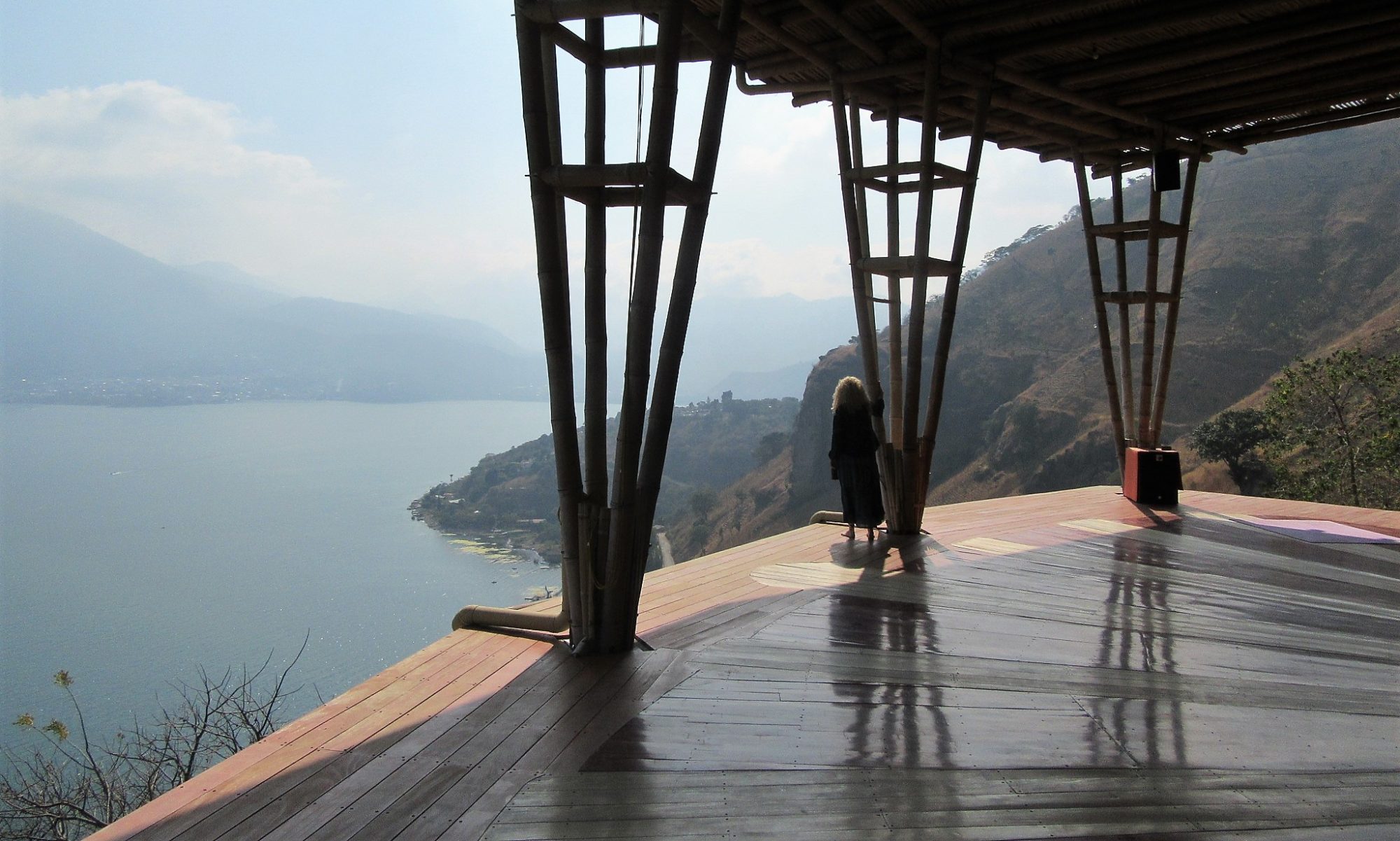Our once holistic world, our heritage as a sentient creature born of the earth, has fallen under a long, dark spell, a curse of separation. What is the nature and cause of this curse, and how can its damage be undone?
On one hand, so-called civilization has erred in its excessive and obsessive fixation, valuing material and rational concerns over all else. Organizing life and society strictly according to scientific principles, mathematical models, technocratic control. This paradigm has conquered the world and hijacked the human spirit.
Paradoxically, this very emphasis on the materialistic worldview renders it partial and therefore abstract. It substitutes its convenient version of the world for the real thing, the material, natural world itself. Purporting to be the only reality, it exposes itself as a mere simulation.
‘Evil is that which destroys humanity. It is becoming more apparent that the root cause of evil is the obsessional, and often fanatic, blind belief in the potential of the rational human mind. When a human being starts to believe that it can grasp the essence of life within the categories of its own logical understanding; at that moment, when this rational view is imposed on the world, it destroys all humanity and all life. I believe the root cause of evil, the original sin, is that hubris. It’s the belief that through human dominance, we can grasp control and manipulate life within and without us.
‘Every time you interact with another person who believes that they know exactly who you are, that they entirely understand us, and believe that they can decide what is ultimately good for us — they destroy the space in which you can exist as a free human being. If this is accepted, we become incapable of making our own choices.’
—Mattias Desmet, Looking Inward to Change the World
On the other hand, the ruling paradigm has doomed us by valuing the abstract, the theoretical, the specialized, even the so-called spiritual, over the concrete experience of living with nature, on the earth, in contact with the elements, with animals, to procure a living and commune with our fellow humans.
‘Ultimately, I am advocating a reversal of an age-old prejudice, which values the abstract over the concrete, the spirit over the flesh, and the spiritual over the material. This anti-materialism has caused tremendous harm to materiality; that is, to nature. Part of recovering from the spell of money (which is itself an abstraction of value) is to re-value the material, the soil, the flesh, the living, and the human.’ —Charles Eisenstein
The alternative to either path of fragmentation is reunion with our whole selves; a joining of the mystic and the mathematical, the logical and the magical.
We are of the earth and we must never forget it or neglect it while serving a pretence of artificial nobility, a patina of success.

And we are of the spirit and we must never forget it or neglect it, in service of our addictions and treasures, baubles of admiration.
We are of the earth and spirit, and we must never forget it.






